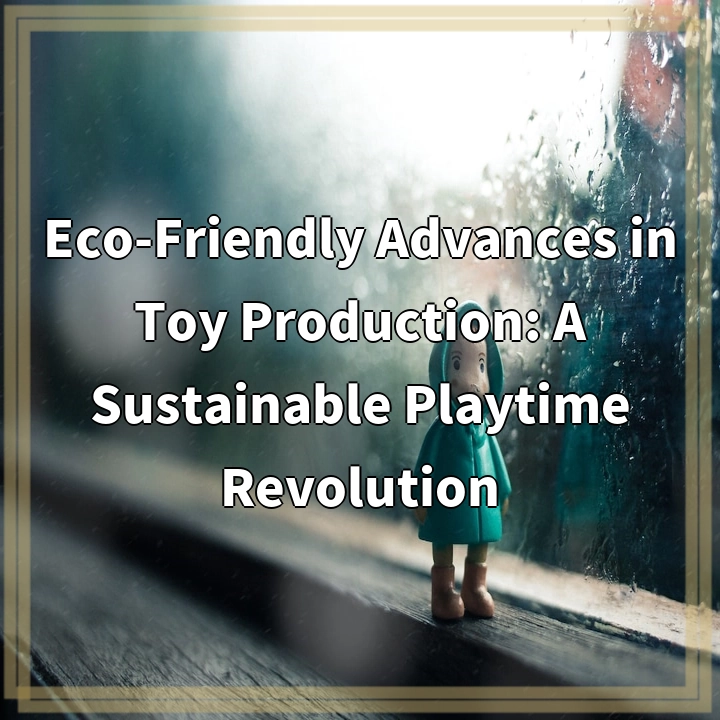
What it is:
Sustainable practices in Broadway and theater productions, commonly known as “Greening the Stage,” refer to the adoption of environmentally friendly and socially responsible approaches within the entertainment industry. This entails implementing strategies that minimize waste, reduce energy consumption, and promote the use of sustainable materials throughout the entire production process.
Real-world problems:
Despite the glitz and glamour of the theater world, it is not exempt from the environmental challenges faced by other industries. The entertainment industry contributes to significant carbon emissions and generates a substantial amount of waste. Some real-world problems associated with greening the stage in Broadway and theater productions include:
1. Energy Consumption:
Theatrical productions require a vast amount of energy for lighting, sound systems, and HVAC (heating, ventilation, and air conditioning) equipment. Traditional stage technologies can be energy-intensive, contributing to high electricity usage and carbon emissions. Finding ways to reduce energy consumption and increase energy efficiency is a vital challenge.
2. Waste Management:
Theater productions often generate significant amounts of waste, including costumes, sets, props, and marketing materials. Many of these materials end up in landfills, contributing to environmental degradation. Establishing efficient waste management systems that prioritize recycling, composting, and reusing materials is crucial for reducing the environmental impact of theater productions.
3. Carbon Footprint:
The carbon footprint of Broadway and theater productions is substantial, considering the transportation of cast, crew, and materials, as well as the energy-intensive nature of performances. Efforts to reduce carbon emissions through sustainable transportation, energy-efficient practices, and alternative energy sources are essential for minimizing the industry’s environmental impact.
4. Material Selection:
The choice of materials used in sets, props, and costumes can have significant environmental implications. Theater productions often rely on materials that are not eco-friendly, such as non-recyclable plastics or toxic dyes, leading to pollution and resource depletion. Adopting sustainable material choices that are recyclable, biodegradable, and sourced responsibly is a key consideration in greening the stage.

Solutions to Greening the Stage:
Implementing sustainable practices in Broadway and theater productions is essential for reducing the environmental impact of the entertainment industry. Here are some solutions to the real-world problems associated with greening the stage:
1. Energy Efficiency:
By adopting energy-efficient technologies and practices, such as LED lighting, efficient HVAC systems, and automated controls, theaters can significantly reduce their energy consumption. Investing in renewable energy sources, such as solar panels, can further contribute to a greener and more sustainable energy supply.
2. Waste Reduction and Recycling:
The implementation of comprehensive waste management systems can greatly reduce the amount of waste generated by theater productions. Setting up recycling programs for materials like sets, props, and costumes, and exploring opportunities for upcycling and repurposing can help minimize the industry’s waste footprint. Donating materials to other theaters or community organizations is also a sustainable option.
3. Carbon Offsetting and Sustainable Transportation:
The entertainment industry can offset its carbon footprint by investing in verified carbon offset projects. Additionally, choosing sustainable transportation options for transporting cast and crew, such as using public transport or electric vehicles, can help reduce the industry’s reliance on fossil fuels and decrease emissions.
4. Sustainable Material Selection:
Opting for sustainable materials in set design, props, and costumes can have a significant positive environmental impact. Choosing materials that are recyclable, biodegradable, and sourced from responsible suppliers helps minimize pollution, conserve resources, and support a more sustainable theater industry.















